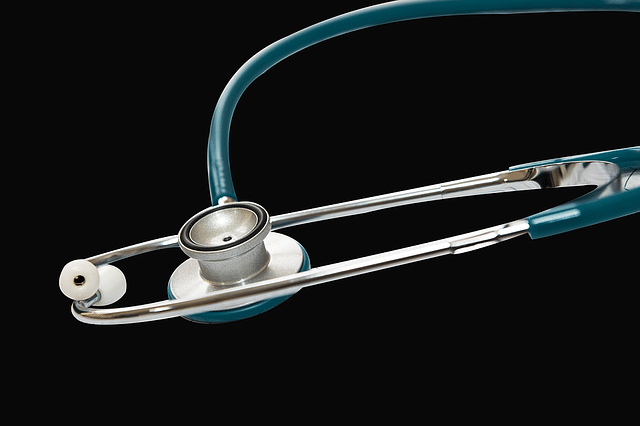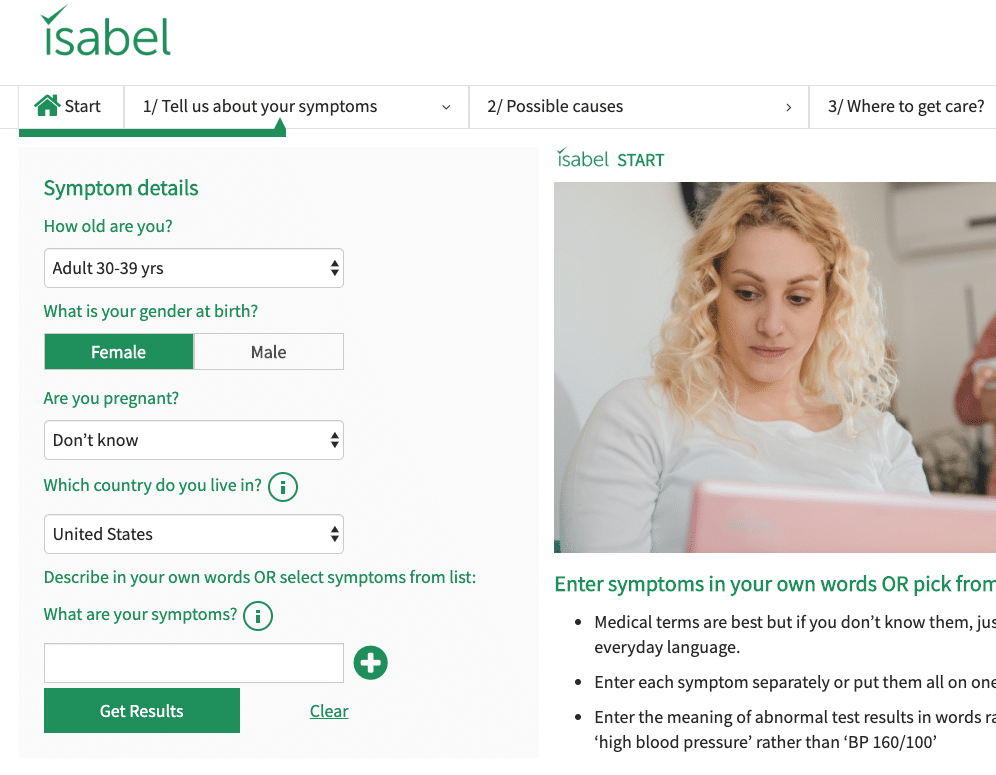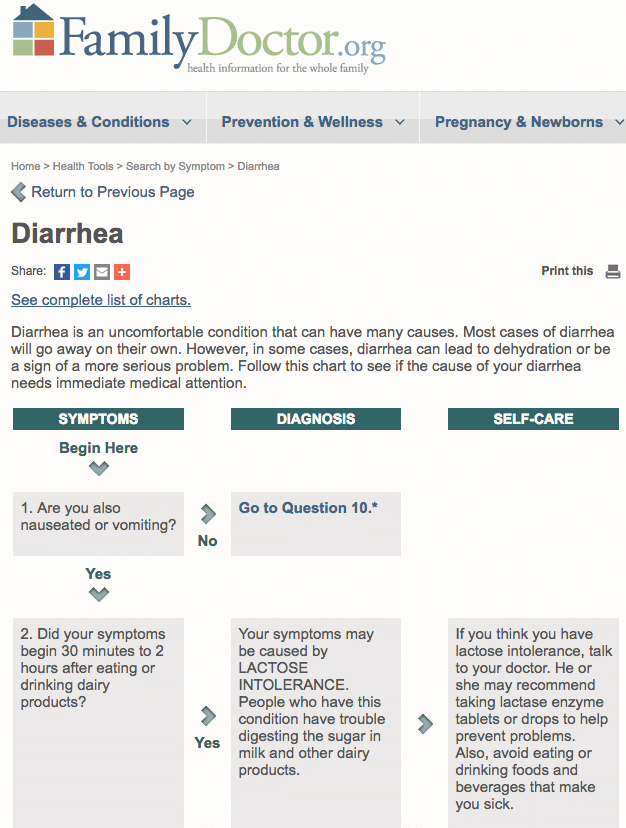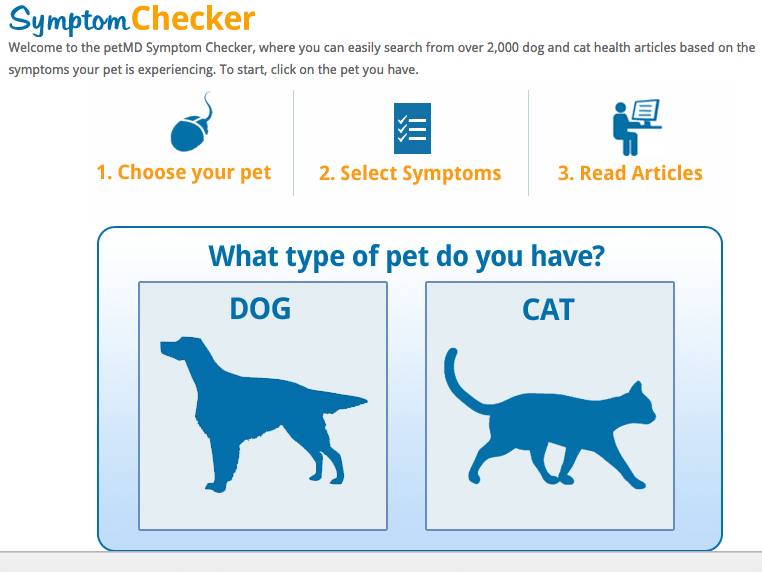When to Seek Medical Attention

A Symptom Checker Can Help Determine Whether to Seek Care and How Quickly
Consumers now have access to some rather sophisticated tools, designed to collect your symptoms and give you possible diagnoses. These online tools are called “Symptom Checkers” and they are free. There are now more than 30 of them out there. According to a study reported by the National Institutes of Health, many use the same medical information and logic. Basically, they take your answers to a set of questions and, based on what you’ve provided, determine whether emergency care is recommended, or if non-emergency care or self care is all right.
Discover
(Click to See Answers)
How is a Symptom Checker different than using Google, Bing or other online search tools to get information?
Can symptom checkers be trusted?
The National Institutes of Health and researchers from Harvard Medical School tested 23 symptom checkers and published their results in 2015. They refer to symptom checkers as screening tools. Meaning, they are useful to someone trying to decide whether to see a doctor quickly or not, commonly called triage.
The study tells us symptom checkers are “roughly equivalent to telephone triage lines commonly used at primary care practices” and they are better then doing general Internet searches to self-diagnose.
When it comes to confirming a diagnosis, experts encourage us to print and take the information to share it in discussion with a doctor.
See more information below, in our Fast Facts section.
How should symptom checkers be used?
- Never ignore or delay getting professional medical advice based solely on information accessed through a symptom checker.
- Seek immediate medical assistance for all medical emergencies.
Fast Facts
Percentage of times the Symptom Checkers listed the correct diagnosis first (according to Harvard Medical School study - 2015)
Percentage of times the Symptom Checkers included the correct diagnosis in the top 3 results (according to Harvard Medical School study - 2015)
Percentage of times the Symptom Checkers gave the correct triage advice (according to Harvard Medical School study - 2015)
Percentage of times the Symptom Checkers correctly recommended emergency care (according to Harvard Medical School study - 2015)
Now What?
Tools & Resources at Your Fingertips
Take Action
Remember, a symptom checker is a guide and not the final say. Only a medical professional can diagnose with accuracy and follow that up with specific treatment.
The Isabel Symptom Checker
The Isabel Symptom Checker(c) 2012-13, Isabel Healthcare Limited All rights reserved is easy to use. It’s based on the same system that doctors and nurses have been using worldwide for the past 10 years. Start by looking at the most common conditions first.


